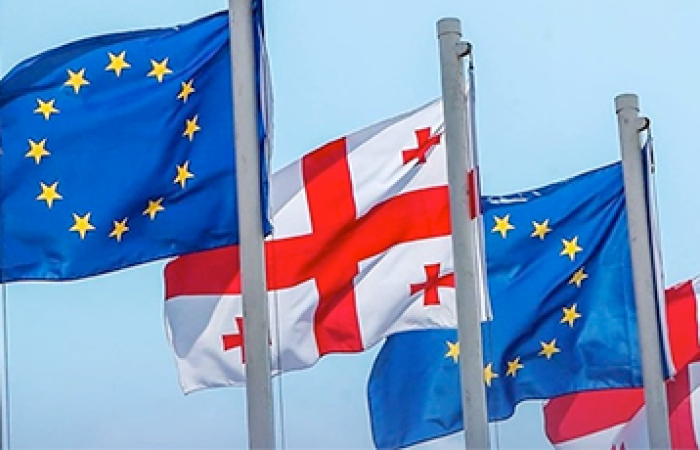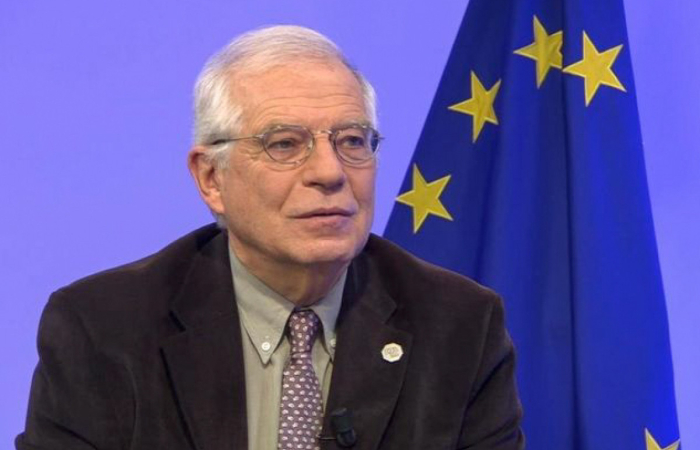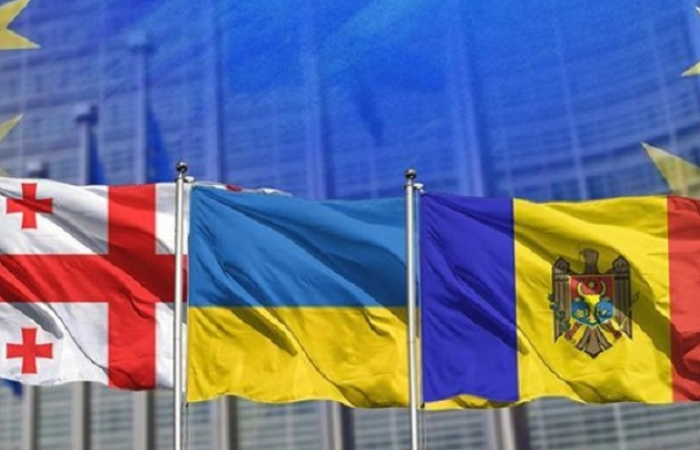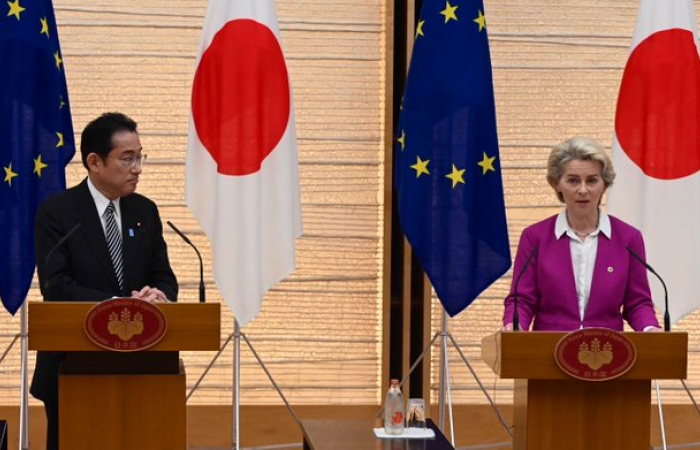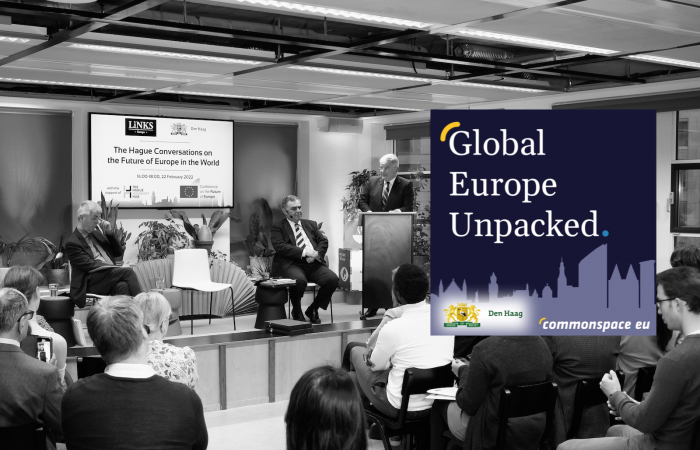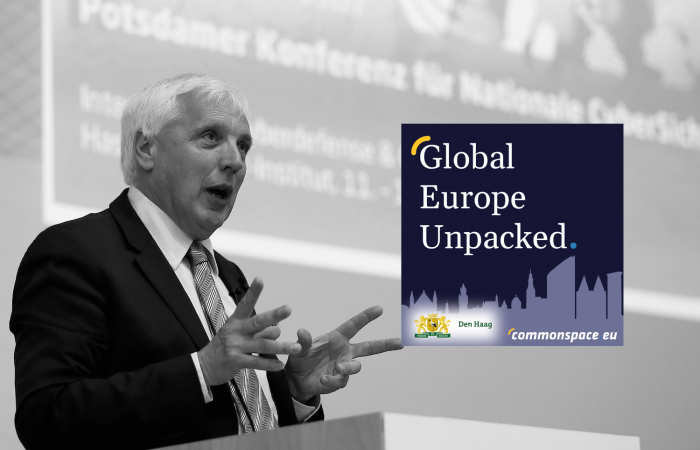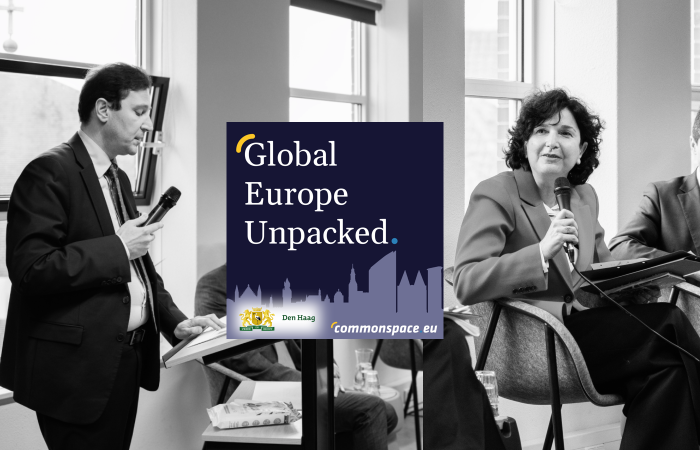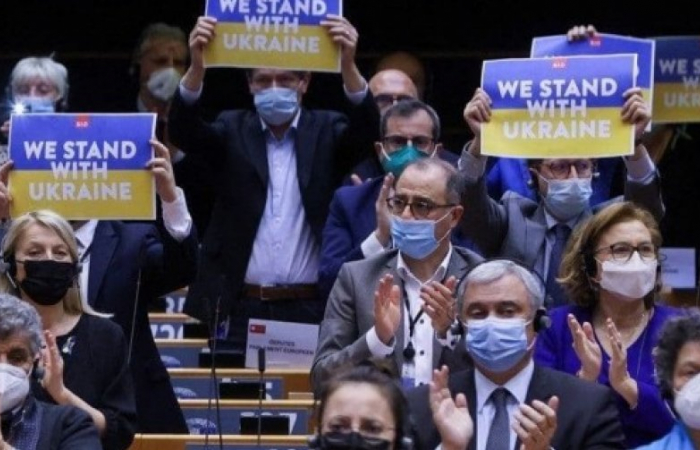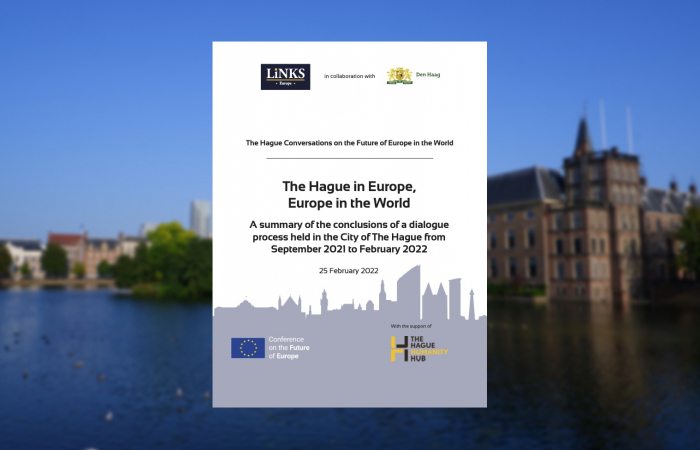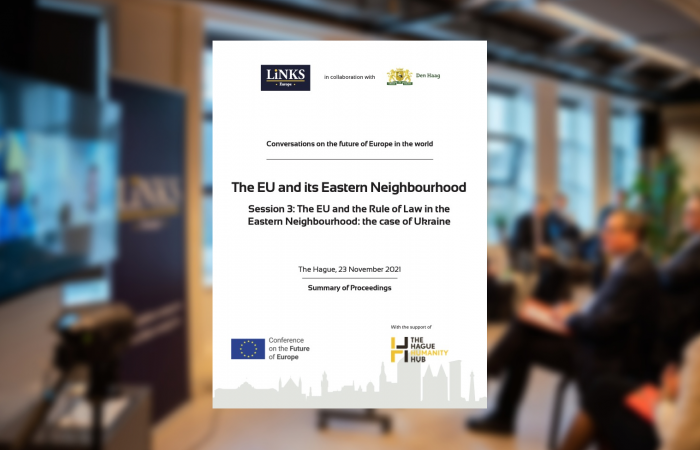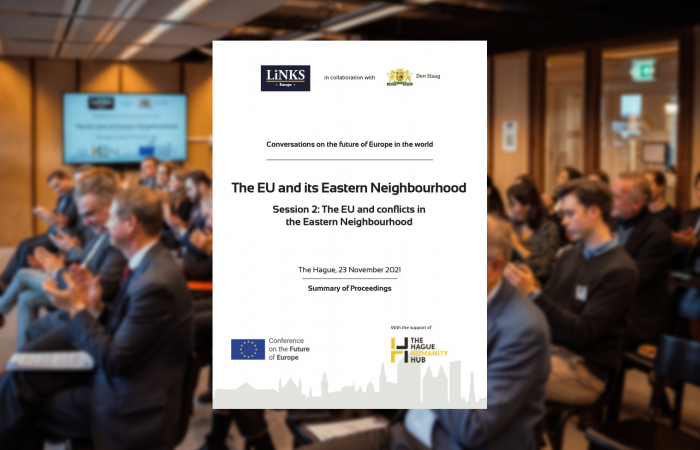Trending
Editorial: EU decision to grant Georgia "candidate status" overshadowed by controversy in Brussels over Ukraine
15 December 2023
If one had said it even as recently as 2021, that by the end of 2023 Georgia would be given "candidate status" for EU membership, hardly anyone would have believed it. Yet it happened yesterday, when the member states gathered in the European Council in Brussels took the historic decision to open accession talks with Ukraine and Moldova and grant candidate status to Georgia. The immediate impact of this decision will be minimal - some consider the step as more symbolic than tangible, but soon, the impact of the prospect of a South Caucasus country becoming an EU member will sink in, with huge implications.
Of course, it is the events around Ukraine starting with the Russian invasion in February 2022, that changed all the certainties. And it was also Ukraine that dominated the news yesterday. The decision to open accession negotiations with Ukraine and Moldova will also have tremendous implications. Perhaps appropriately it was taken in somewhat dramatic circumstances, after Hungary tried to oppose it. Hungarian prime minister, Viktor Orban, left the meeting of the European Council to enable the decision to be adopted unanimously by the remaining 26 member states. There remains a decision on the issue of a substantial aid package to Ukraine, which has been left for another meeting in January.
What now for Georgia?
In Georgia everyone is trying to take credit for the "candidate status" decision. Good thing because everyone can now feel to be a stakeholder in the journey that needs to follow. No doubt, in the style of Georgian politics, the journey will be adventurous and sometimes hazardous. But the new status is good news for Georgia. It will help stabilise the political situation, and contribute towards economic success.
The decision also brings the EU firmly in the South Caucasus. Those who very disingenuously in the last year or so have been talking about keeping the South Caucasus cosy in a 3 plus 3 format - ie with Russia, Iran and Turkey together with Armenia, Azerbaijan and Georgia, now need to think again. The South Caucasus is Europe and Europe should be a partner in its future.
But that is for later. For today, it is congratulations Georgia, and to all those Georgians who for decades worked for this development to be possible.



